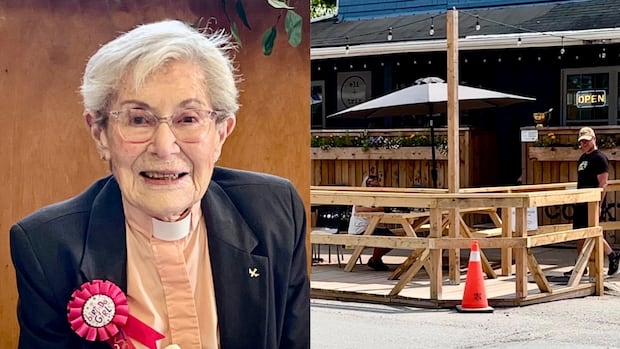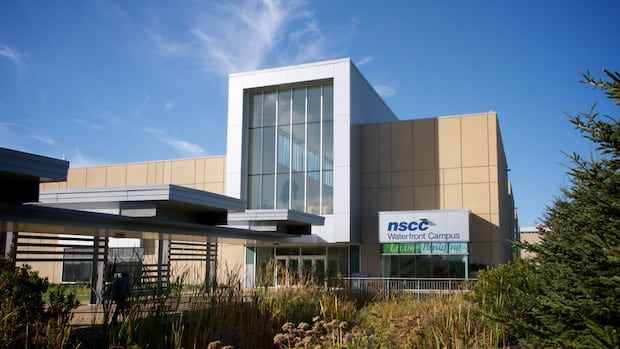Group wants Cape Breton’s Kellys Mountain to revert to Mi’kmaw name

The Union of Nova Scotia Mi’kmaq is campaigning to restore Kellys Mountain in Cape Breton to its original Mi’kmaw name of Mukla’qati, meaning ‘place where the geese land.’
Darrell Bernard, co-infrastructure manager at the union, says it’s a combined effort between Mi’kmaw leadership and the province.
“It’s important for us to do that because there has been so much you know that took place… not just the dispossession of our lands but we also had a dispossession of our culture, we had a dispossession of our language,” he said.
The region is said to be the home to legendary Mi’kmaw prophet Glooscap, or Kluskap, and is located in the Kluskap Wilderness Area. The Mi’kmaq believe he once dwelled in an oceanside cave near Cape Dauphin, at the northern tip of the wilderness area. The Mi’kmaq consider the cave to be the centre of the universe and where Kluskap is expected to return one day.
It was also home to a Mi’kmaw community that was displaced in 1906.
“We have to honour our history and the history of our ancestors, the places that we come from. …we just like to acknowledge that those communities existed and our people lived on this land,” says Bernard.
The Mi’kmaq nation, known as Mi’kma’ki, stretches from Newfoundland south to New England. Cape Breton has long been the seat of the Mi’kmaq nation.
“It’s not just Indigenous history, it’s the history of Canada, and when we talk about the culture and the stories of Glooscap, you know they’re important to us because they acknowledge those communities that we came from.”
Bernard says he is excited that the province is working with them on the effort.
“I mean we’re at a time where places like, you know, Indian Brook and Savage Island and Squaw Island and places like that, they need to be renamed.”
Christina Deveaux is a spokesperson for the province. She says the province is looking to add the Mi’kmaw name to signs in the area, but that the official name of the mountain is not going to change.
Bernard says working together is a big part of progress.
“That’s what our treaty relationship has always been about, working together to make this a better, safer place to live for us all.”



